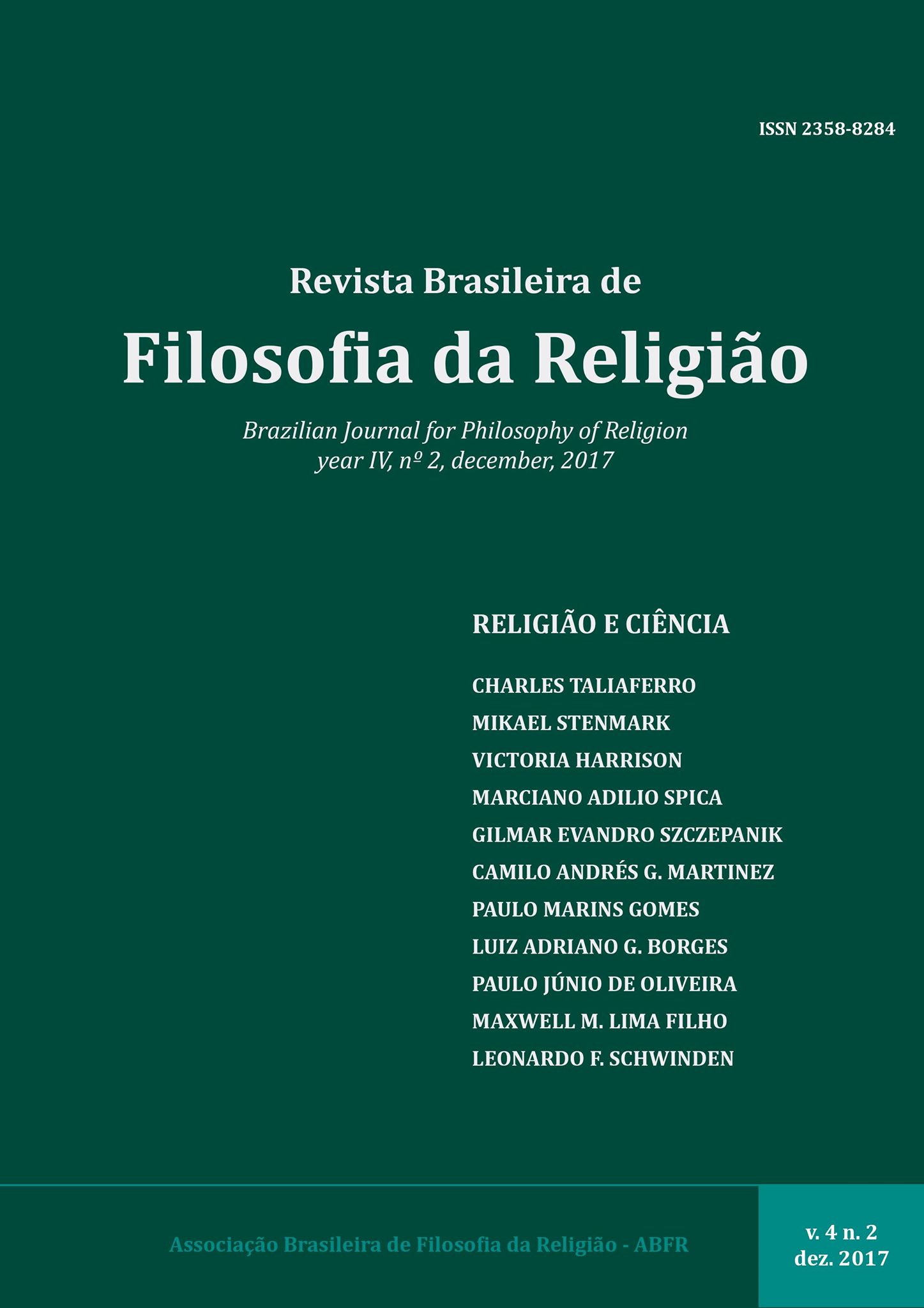METÁFORAS CONCEITUAIS E O SENTIDO DO CONHECIMENTO: ORIENTE E OCIDENTE
METÁFORAS CONCEITUAIS E O SENTIDO DO CONHECIMENTO: ORIENTE E OCIDENTE
DOI:
https://doi.org/10.26512/2358-82842017e11187Keywords:
conceptual metaphor theory, Lakoff and Johnson, knowing is seeing, Neo-Confucianism, Wang YangmingAbstract
George Lakoff and Mark Johnson’s conceptual metaphor theory is a powerful methodological tool that has been used within many academic fields to investigate a wide range of questions concerning human cognition. Conceptual metaphor theory suggests that both our pre-theoretical sense of what it is to know something and our practices of knowledge acquisition will be shaped by whatever conceptual metaphors are at work within our cognitive processes, and that these may differ between cultures. I argue that regarding the natural sciences as extensions of a specific pre-theoretical sense of what it is to know, one that cognitively maps knowing onto the experience of seeing, contributes to an explanation of why modern science emerged in the West rather than in China.
Downloads
References
ALLAN, Sarah, The Way of Water and Sprouts of Virtue (Albany: State University of New York Press, 1997).
FAUCCONNIER, Gilles, Mappings in Thought and Language (Cambridge: Cambridge University Press, 2003).
GIBBS, Raymond, ‘Why O Some People Dislike Conceptual Metaphor Theory?’, Cognitive Semiotics 5/1 (2009): 14-36.
HADOT, Pierre, Philosophy as a Way of Life: Spiritual Exercises from Socrates to Foucault, edited with an introduction by Arnold I. Davidson, translated by Michael Chase (Oxford: Blackwell, 1995).
HARRISON, Victoria S., ‘Conceptual Metaphors and the Goals of Philosophy’, in Hans-Georg Moeller and Andrew Whitehead (eds.), Wisdom and Philosophy (London: Bloomsbury, 2016): 205-222.
____________________ ‘Seeing the Dao: Conceptual Metaphors and the Philosophy of Religion’, Religious Studies: An International Journal for the Philosophy of Religion 51 (2015): 307-322.
_____________________ ‘Metaphor, Religious Language and Religious Experience’, Sophia: International Journal for Philosophy of Religion 46 (2007): 127-145.
IVANHOE, Philip J., Readings from the Lu-Wang School of Neo-Confucianism (Indianapolis: Hackett, 2009).
JOHNSON, Mark (ed.), Philosophical Perspectives on Metaphor (Minneapolis: University of Minnesota Press, 1981).
LAKOFF, George and JOHNSON, Mark, Metaphors We Live By (Chicago: University of Chicago Press, 1980).
_____________________________, Philosophy in the Flesh: The Embodied Mind and Its Challenge to Western Thought (New York: Basic Books, 1999).
LIU, JeeLoo, Neo-Confucianism: Metaphysics, Mind, and Morality (Malden: Wiley Blackwell, 2018).
MCFAGUE, Sallie, Metaphorical Theology: Models of God in Religious Language (Philadelphia: Fortress Press, 1982).
NEEDHAM, Joseph, The Science and Civilisation of China (Cambridge: Cambridge University Press, 1956).
PALEY, William, Natural Theology: or Evidence of the Existence and Attributes of the Deity, collected from the appearances of nature, edited by Matthew D. Eddy and David Knight (Oxford: Oxford University Press, 2008).
PAYNE, Alina (ed.), Vision and Its Instruments: Art, Science, and Technology in Early Modern Europe (State College: Pennsylvania University Press, 2015).
SCHIPPER, Kristofer, The Taoist Body (Berkeley, Los Angeles, London: University of California Press, 1993).
SLINGERLAND, Edward, Effortless Action: Wu-Wei as Conceptual Metaphor and Spiritual Ideal in Early China (Oxford: Oxford University Press, 2003).
_____________________, ‘Conceptions of the Self in the Zhuangzi: Conceptual Metaphor Analysis and Comparative Thought’, Philosophy East and West 54/3 (2004a): 322-342.
_____________________, ‘Conceptual Metaphor Theory as a Methodology for Comparative Religion’, Journal of the American Academy of Religion 72 (2004b): 1”“31.
_____________________, ‘Conceptual Blending, Somatic Marking, and Normativity: A Case Example from Ancient Chinese’, Cognitive Linguistics 16/3 (2005): 557-584.
_____________________, ‘Metaphor and Meaning in Early China’, Dao: A Journal of Comparative Philosophy 10/1 (2011): 1”“30.
_____________________, ‘Metaphor, Blending, and Cultural Variation: A Reply to Camus’, Dao: A Journal of Comparative Philosophy 16 (2017): 431-435.
SOSKICE, Janet Martin, Metaphor and Religious Language (Oxford: Clarendon Press, 1985).
TALIAFERRO, Charles, Evidence and Faith: Philosophy and Religion since the Seventeenth Century (Cambridge: Cambridge University Press, 2005).
VAN NORDEN, Bryan W. (edited and translated), Mengzi: With Selections from Traditional Commentaries (Indianapolis and Cambridge: Hackett Publishing Company, 2008).
YEARLEY, Lee H., Mencius and Aquinas: Theories of Virtue and Conceptions of Courage (Albany, NY: SUNY Press, 1990).

